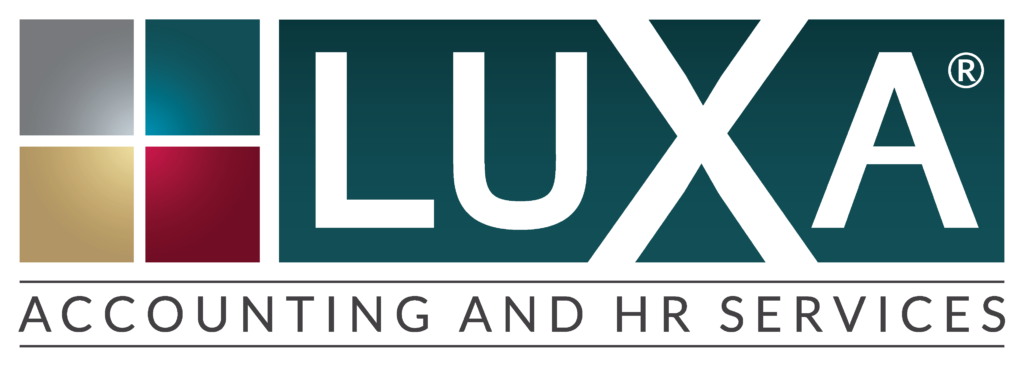
The problem with regulatory reports
Regulatory reporting requirements are steadily increasing in both number and complexity. If you are like many small businesses, you simply don’t have the time to stay apprised on all of the accounting and regulatory changes affecting you; nonetheless, the ones that don’t.
It is essential that your organization have a sound understanding of regulatory reporting in order to avoid costly fees and fines imposed by select government agencies. Along with a list of others, one of the main purposes for regulatory reporting is compliance. Regulatory reporting involves the collections of numerous reports, different definitions, and different consolidation rules. Unless you have a sound procedure in place or a partner to help you stay on top of the reporting it can become one of your biggest problems.
According to Kenneth Lamar’s article, “Regulatory Reporting Best Practices”, it is best to follow these best practices when attempting to solve your biggest problems with regulatory reporting:
- Automate
- Document
- Review
- Communicate (Ask and Learn)
Automation – Since data are only as good as their source; it is best to have minimum manual intervention and limit the use of spreadsheets. It it best to have regulatory reporting software that interfaces with the G/L and related subsystems. An alternative, select a partner that is well experienced and versed in regulatory reporting.
Documentation – Procedures for each reporting should be available. Reconciliations and manual adjustments should be clearly documented. Additionally – accounts, products, and accounting policies should be clear and readily available to preparers.
Review and approval – Data should be thoroughly reviewed before submission. You should document reasons for unusual/significant changes. Include the ability to conduct analysis in regulatory reporting.
Communicate – Work closely with business lines, accounting policy and audit (both internal and external). Stay apprised on accounting and regulatory changes (even though they might not seem to affect you). Document all complex issues.
If these best practices are not currently part of your process, it is time to look for ways to integrate them in order to avoid unnecessary fines and penalties imposed on your company by misstatements and improper reporting.
LUXA offers payroll solutions and outsourcing support for small business owners in the immediate Tulsa and surrounding business community.
zipckr via photopin cc” target=”_blank”>Photo credit


